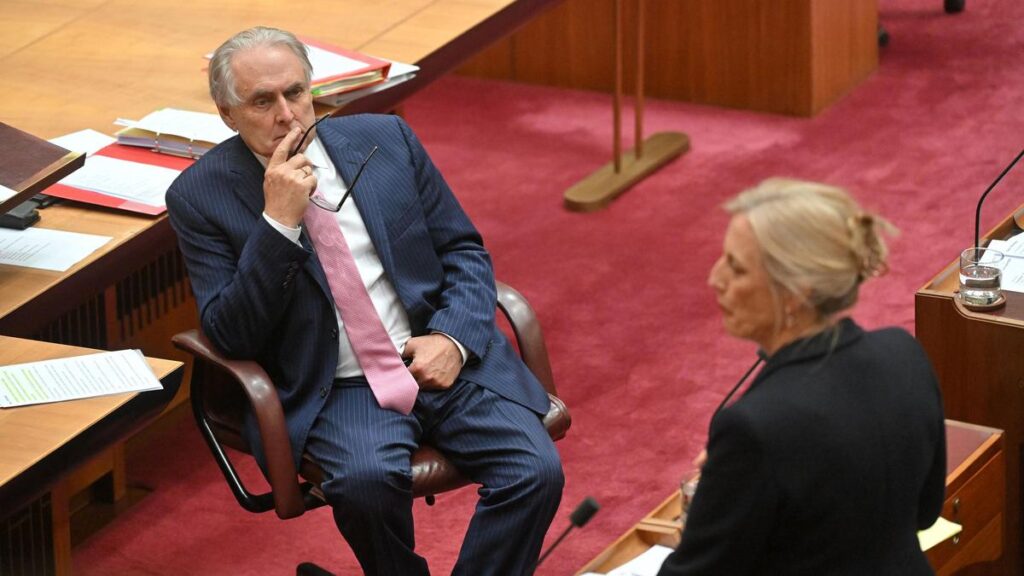
UPDATE: The Australian Government is actively exploring the possibility of expanding its Federal Parliament in response to rising population numbers. Special Minister of State Don Farrell has initiated a parliamentary inquiry to examine this significant proposal, which could reshape political representation ahead of the 2028 election.
This urgent development comes as Farrell argues that the current structure, where one House member represents over 120,000 voters on average, is insufficient to effectively address constituents’ needs. Historically, after the last expansion in 1984, that ratio was just over 66,000. As the population grows, so does the demand for representation, and Farrell believes that an increase would strengthen democracy.
The inquiry’s findings could lead to a proposed addition of between 28 and 32 members to the 150-member House of Representatives, aligning with the constitutional requirement that the House remains roughly double the size of the Senate. However, altering this ratio would require a referendum, a challenging political hurdle given the failed Voice referendum earlier this year.
Prime Minister Anthony Albanese has expressed interest in longer parliamentary terms, citing the benefits of stability and time for governance. However, any attempts to extend terms would also necessitate a referendum. Currently, the Government is considering making the existing three-year term fixed by legislation, which would be a more straightforward option.
The political landscape remains uncertain. The Liberal Party has yet to declare a position, with Senator Richard Colbeck stating, “It’s up to the Government to make a case. I’m not sure the Australian people are hanging out for more politicians.” Meanwhile, the Greens have indicated willingness to consider legislation that would enhance democracy, although they have not yet taken a formal stance.
The push for expansion is not without controversy. Critics, including former Liberal attorney-general George Brandis, argue that the proposed changes could favor the Labor party due to population growth trends favoring urban areas. In his view, this could lead to a political advantage for Labor, even if the idea of more politicians is unpopular.
Electoral analyst Ben Raue counters these claims, suggesting that an expanded Parliament could provide greater opportunities for independents and smaller parties to secure seats. Former senator Bob McMullan also supports increasing Senate representation, arguing that it could benefit a diverse range of parties, including the Greens and One Nation.
As the inquiry progresses, all eyes are on how the Government navigates potential opposition and whether Farrell can garner support for his ambitious proposal. The implications of this initiative could be monumental, reshaping the political landscape in Australia and affecting how citizens engage with their representatives.
Watch for updates as this story develops, and consider how these changes could impact your representation and engagement in Australian democracy.






